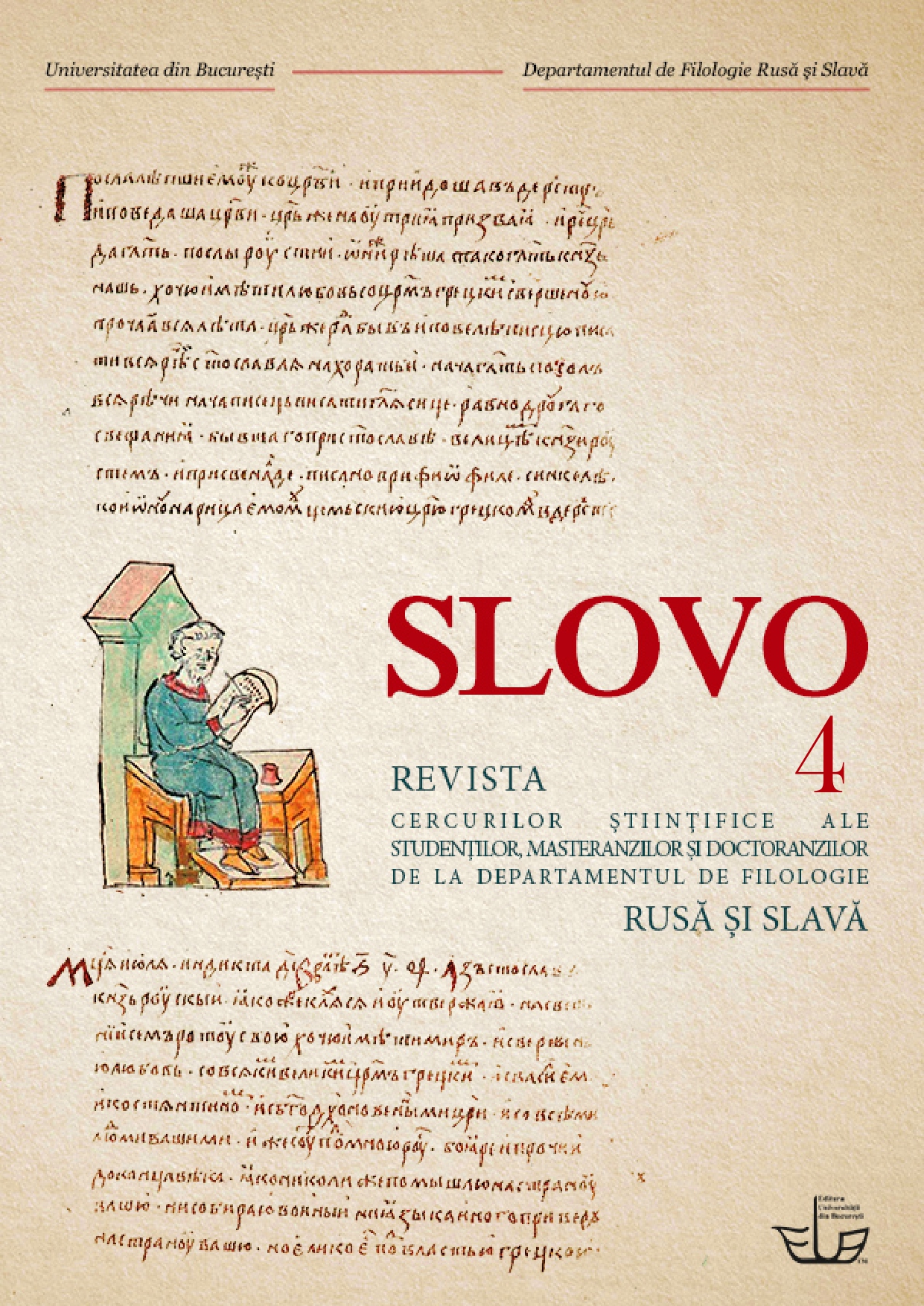Lolita: Nabokov – Kubrick – Lyne. Adaptări și instanțe auctoriale
Lolita: Nabokov
-
Kubrick-Lyne.
Adaptations and Auctorial Instances
Author(s): Andreea MorarSubject(s): Language and Literature Studies, Fine Arts / Performing Arts, Studies of Literature, Russian Literature, Film / Cinema / Cinematography, Philology
Published by: Editura Universităţii din Bucureşti
Keywords: Adaptation; narrativity; authorship; literature; cinematography;
Summary/Abstract: The purpose of this research article is to analyze adaptation as a form of expression that creates a bridge between the written word and the image. Given the fact that literature and cinematography are two intertwined arts and that the relationship between them is the object of research of many scholars, our analysis is focused on the role of the author (as the producer of the original text) and on the role of the auteur (the adapting film director). The central theme of our work revolves around the concept of narrativity which is a characteristic that defines both text and film. Vladimir Nabokov’s novel, Lolita, is the departing point in our research which deals with the way the text was adapted for the big screen by Stanley Kubrick and Adrian Lyne. In our study we will give answers to questions concerning the nature of adaptation, as well as its consequences.
Journal: Slovo
- Issue Year: 4/2017
- Issue No: 1
- Page Range: 67-75
- Page Count: 9
- Language: Romanian

